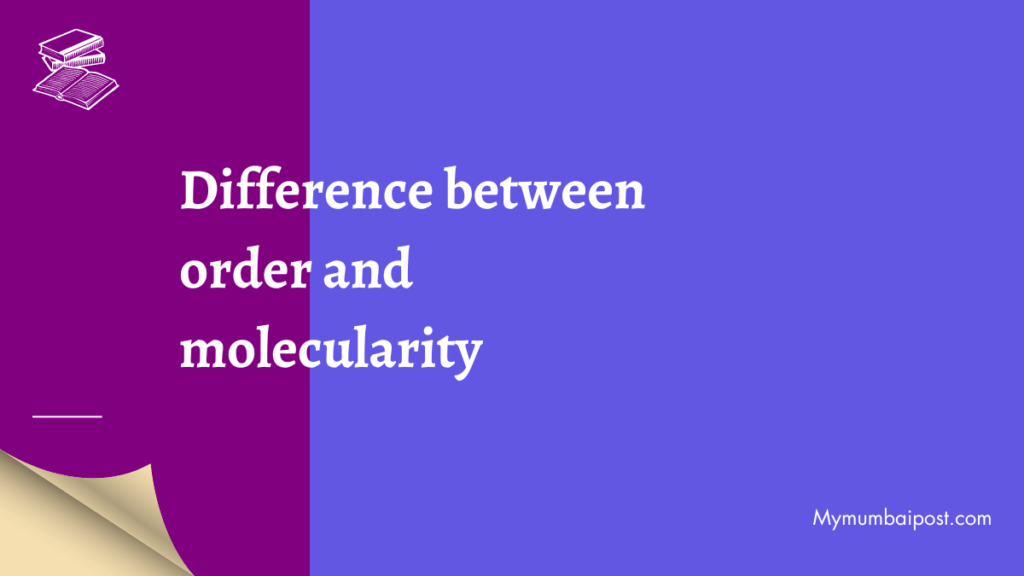
Discover 10 Key Difference between mineral and ore
As humans continue to delve into the Earth’s resources, understanding the difference between Mineral and Ore is crucial. Discover the disparities and their significance in mining and geology.
Difference between mineral and ore
Minerals and ores are two terms that are often used interchangeably, but they are not the same thing. While both are naturally occurring substances, they have distinct characteristics and uses.
Minerals are naturally occurring substances that are formed through geological processes. They are typically inorganic and have a crystalline structure. Examples of minerals include quartz, feldspar, and mica. Minerals can be found in rocks and soil, and they are often extracted for use in a variety of industries, including construction, electronics, and jewelry-making.
Ores, on the other hand, are minerals that contain a valuable metal or mineral. They are typically mined for their economic value, and they are processed to extract the desired material. Examples of ores include iron ore, copper ore, and gold ore. Ores are often found in deposits, and mining companies will extract them using various methods, depending on the location and type of ore.
The key difference between minerals and ores is that while minerals are naturally occurring substances that may or may not have economic value, ores are minerals that are valuable and are mined for their economic worth. Minerals can be used in a variety of applications, but they are not always extracted for their economic value. Ores, on the other hand, are specifically targeted for their economic value and are processed to extract the desired material.
Also Read: Learn about 10 Difference between entrepreneur and entrepreneurship
It is important to note that the distinction between minerals and ores is not always clear-cut. Some minerals may contain valuable metals or minerals, but they may not be considered ores because they are not economically viable to extract. Additionally, some minerals that are not typically considered ores may become economically viable as technology advances or market conditions change.
Minerals and ores are two distinct types of naturally occurring substances. Minerals are formed through geological processes and may or may not have economic value, while ores are minerals that are valuable and are mined for their economic worth. Understanding the difference between Mineral and ores is important for anyone involved in the mining or resource extraction industries.
You can watch the video for better understanding: